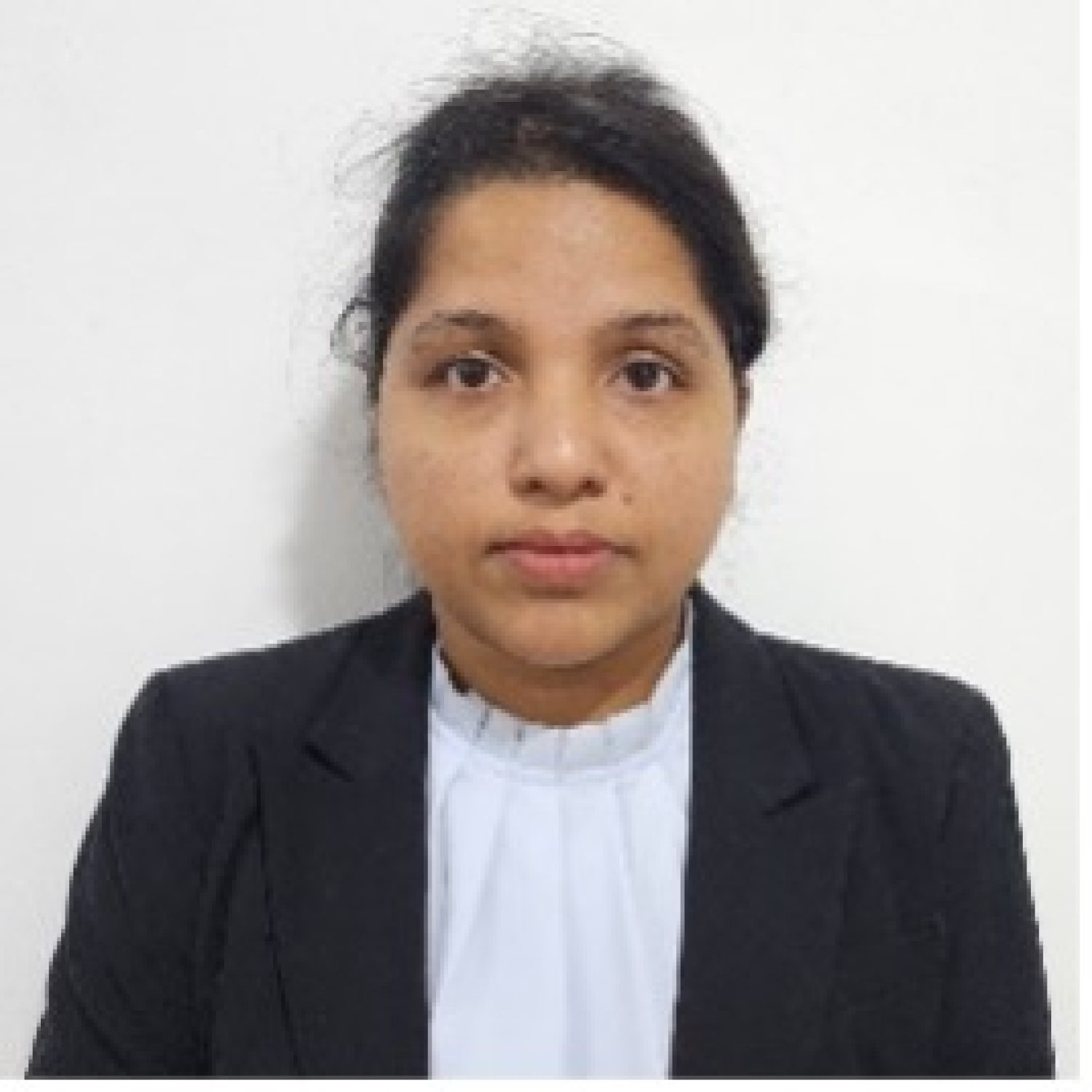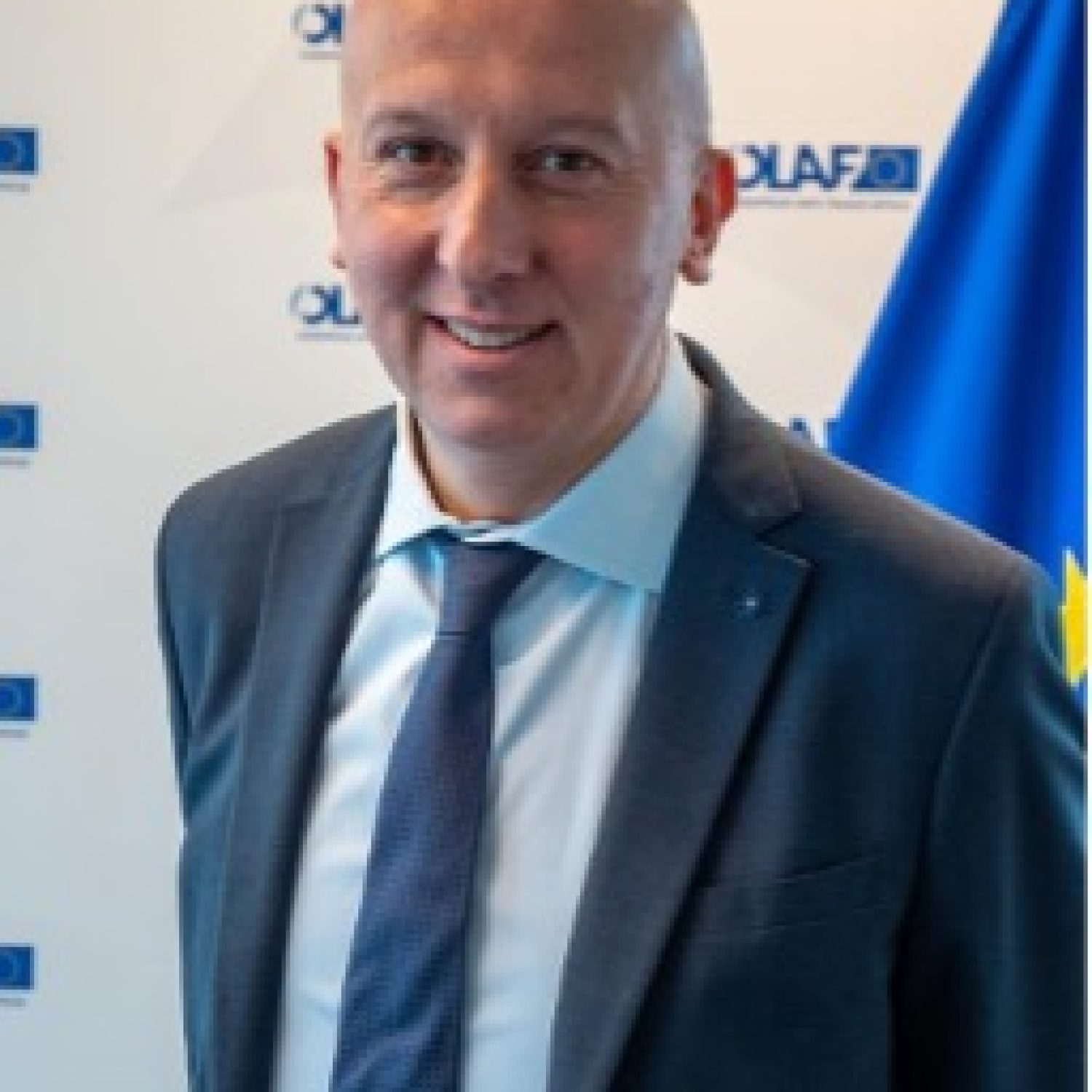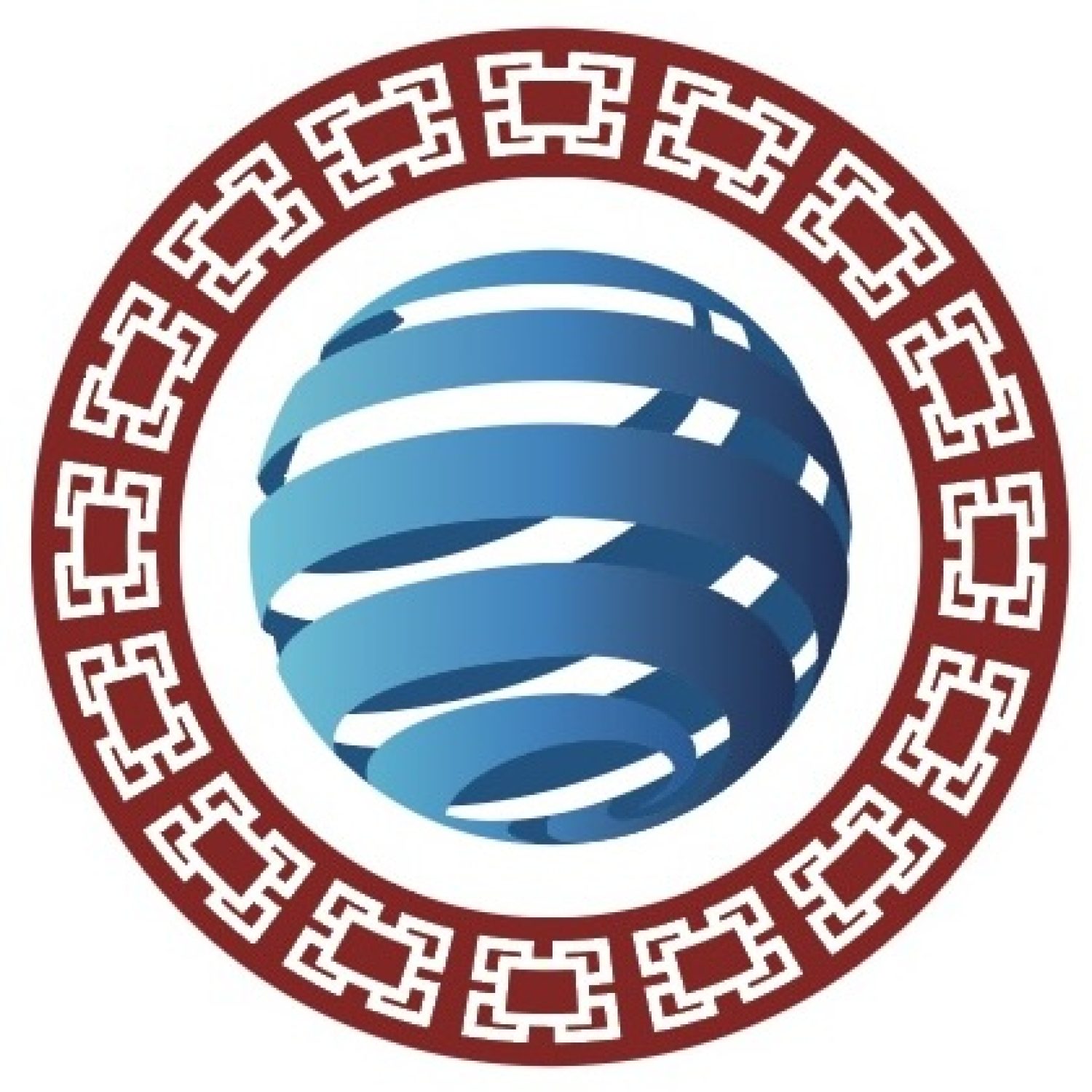
Case Study 2: Learning from Fraud Investigations Gone Wrong
Case Study 2 aims to review real-life examples of fraud investigations that failed to meet investigative and institutional standards, identify root causes of failure, and develop strategies to strengthen investigative rigor and protect institutional credibility.

Jayneeta Prasad (ADB)
Jayneeta Prasad is an Integrity Specialist at the Asian Development Bank’s Office of Anticorruption and Integrity, where she serves on the External Investigations Team. She holds a Master of Laws from Victoria University of Wellington in New Zealand and a Bachelor of Laws from the University of the South Pacific in Fiji.
Prior to joining ADB in 2023, Jayneeta was the Manager of the Serious Fraud Division and Eastern Division at the Office of the Director of Public Prosecutions in Fiji. In that role, she led prosecutions of complex cases involving fraud, corruption, money laundering, and other serious offences across all levels of the court from the Magistrates’ Court to the Supreme Court.

Biagio Fiorito (OLAF)
Biagio is the Head of an investigative Unit of the European Anti-fraud Office mandated to fight fraud and protect EU funds disbursed in the field of development and humanitarian aid.
Biagio has been working for 21 years for OLAF leading investigations in numerous fields, including internal investigations, research funding, pre-accession funding, with a strong focus on the Western Balkans.
Although Biagio spent most of his professional career in the public sector, he also worked as an attorney in the fields of commercial and family law.
He earned his Law Degree from the University of Naples Federico II. He further specialised in EU law and economics.

Alex Boone (EIB)
Alex Boone is the Head of the Intake and Analysis Unit in the Investigation Division (IG/IN) at the European Investment Bank (EIB). He oversees the assessment and analytical process for allegations of prohibited conduct such as fraud, corruption, and other (internal) misconduct, to determine whether sufficient grounds exist to open an investigation.
He is also responsible for the Bank’s digital forensics, operational analysis, and open-source intelligence capabilities, and for guiding the implementation of emerging technologies, including the use of Artificial Intelligence (AI) to enhance investigative and analytical effectiveness.
Alex has over 25 years of experience in national and international investigations and operational analysis, having served with the European Anti-Fraud Office (OLAF), Europol, and the Belgian Federal Police.
He holds a Master’s degree in Social Sciences – Intelligence Analysis from the University of Manchester and a Postgraduate Certificate in Forensic Auditing from the University of Antwerp. He is also an active member of several professional associations in the fields of investigations, intelligence, and anti-fraud.

